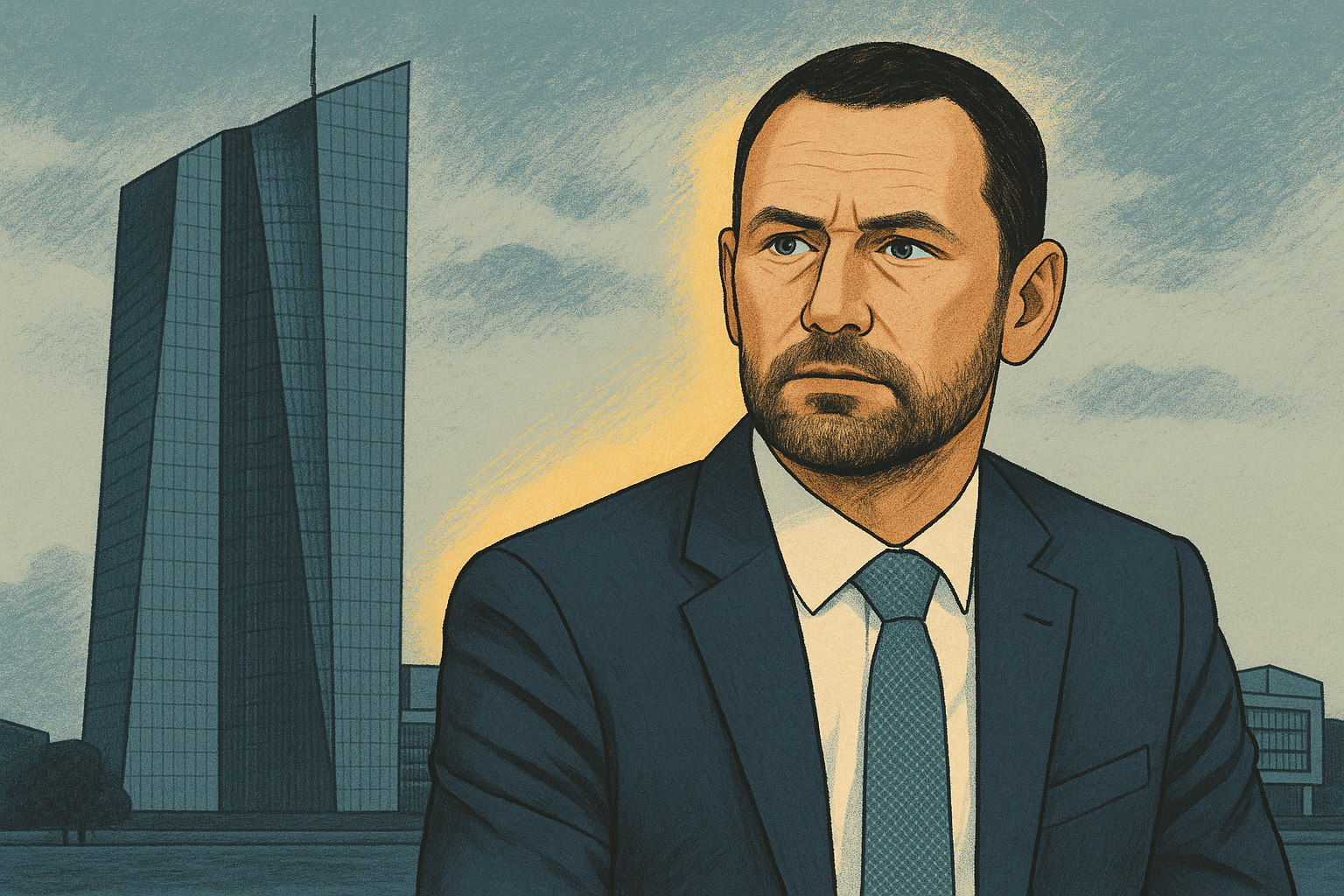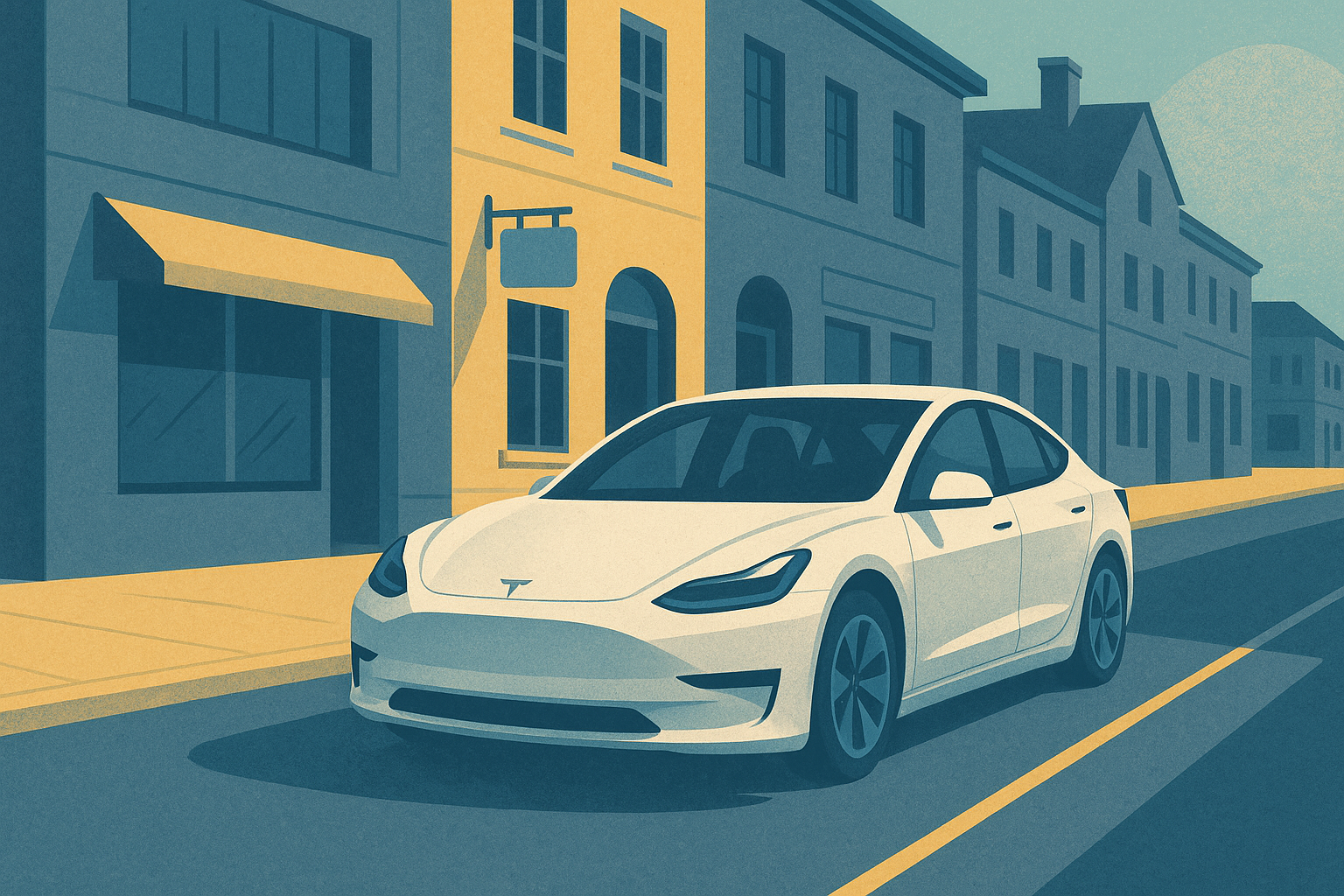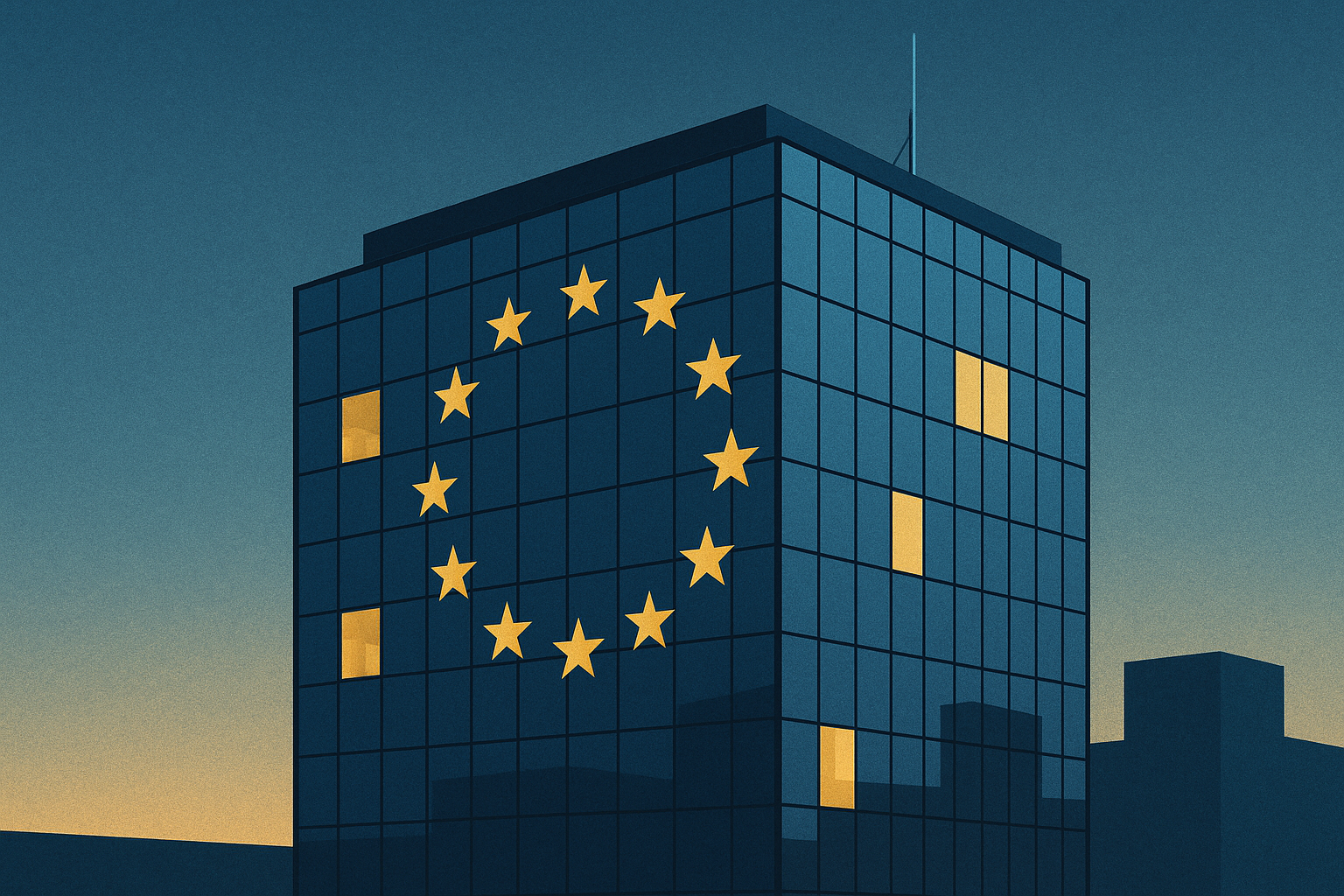-

AI safety platform RAIDS AI has opened its beta phase to new users. The launch follows a pilot focused on real-time detection of abnormal AI behaviour and comes as companies prepare for EU AI Act compliance.
-

Kering will sell its beauty division to L’Oréal for €4 billion. The deal marks a strategic shift for the luxury group, which is refocusing on fashion and easing a debt load built up through recent acquisitions and property investments.
-

Primož Dolenc urged patience on monetary policy. The acting Slovenian central bank governor said the European Central Bank should only cut interest rates further if fresh economic shocks hit the euro area, warning that premature easing could unsettle inflation expectations and financial stability.
-

Europe’s digital independence depends on its physical foundations. Fredrik Jansson, Chief Strategy and Marketing & Communications Officer at atNorth, explores how strategic investment in sustainable, well-located data centres can strengthen resilience, protect sovereignty, and power the continent’s next phase of AI-driven growth.
-

Indian textile exporters are shifting markets as tariffs squeeze margins. Exporters hit by new 50 percent U.S. import duties are redirecting orders toward Europe, offering steep discounts to retain American buyers, and eyeing Africa for lower-tariff production — but the transition is fraught with cost, compliance, and competitiveness pressures.
-

Russia’s central bank has accused state agencies of violating shareholder rights in a high-profile nationalisation case, exposing friction within Moscow’s financial establishment and raising fresh warnings for European companies with remaining exposure to Russia.
-

UK steel sector faces unprecedented crisis amid EU tariff hike. The European Union’s decision to double tariffs on steel imports threatens the UK steel industry, which exported 78% of its steel to the EU last year. Industry leaders warn of severe impacts on domestic production.
-

Tesla delivers record vehicles despite European setbacks. The electric carmaker exported 497,099 vehicles in Q3 2025, driven by US tax incentives. However, European sales fell 43% year-on-year, with competition and limited models impacting growth.
-

Daniel Ek is stepping down as Spotify CEO. From January 2026, co-presidents Gustav Söderström and Alex Norström will serve as co-chief executives, while Ek becomes executive chairman focused on strategy and long-term priorities. Spotify shares fell after the announcement as investors assessed the leadership shift.
-

Apple warns Brussels over digital laws. The company is pressing EU regulators to roll back the Digital Markets Act, warning that without changes it may halt shipments of products to the bloc. The move escalates a long-running clash over competition, privacy, and the future of digital ecosystems.
